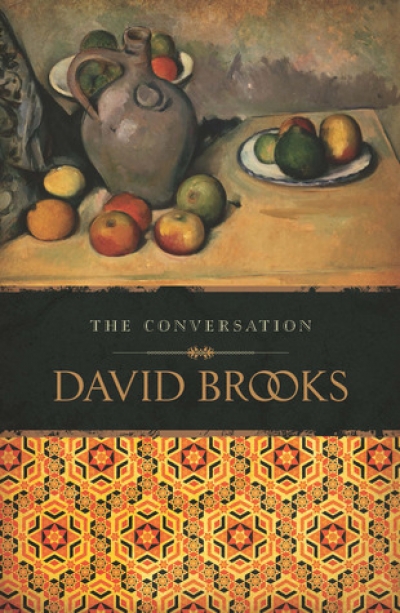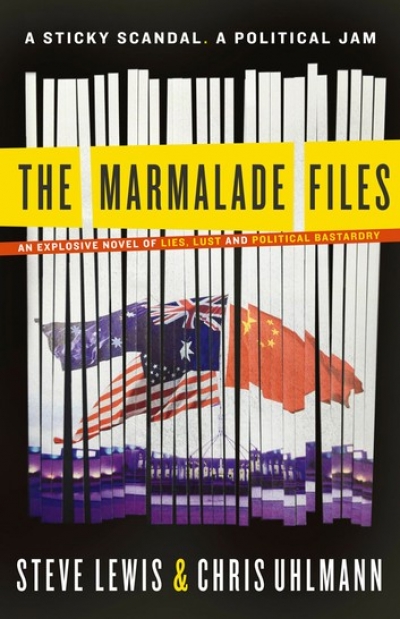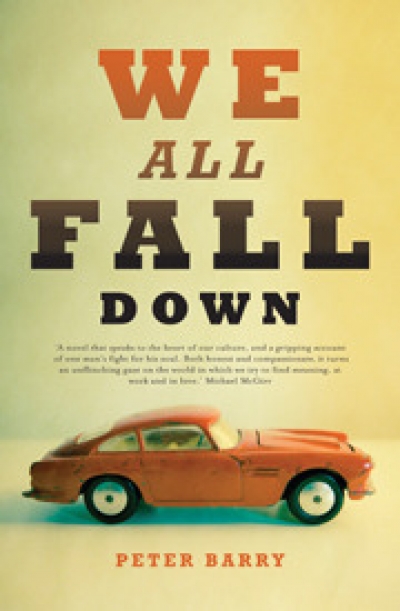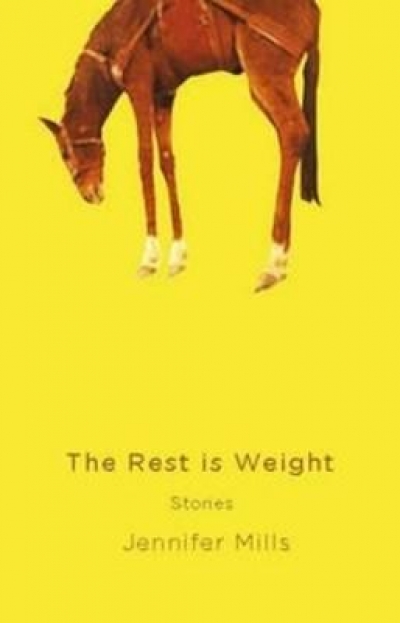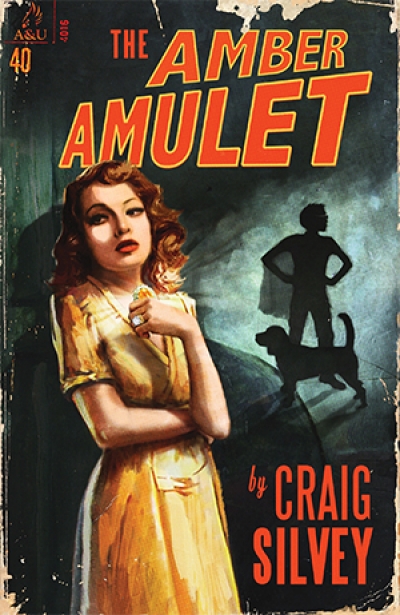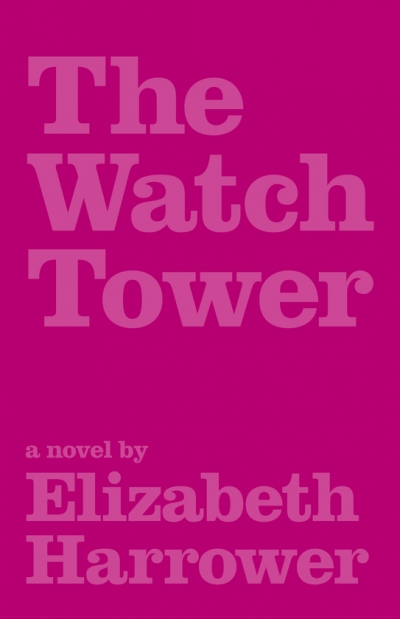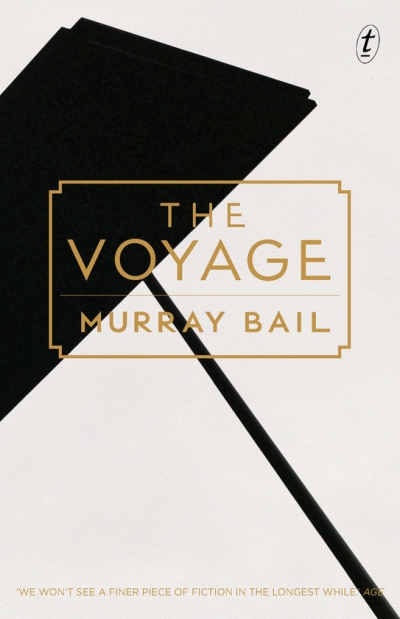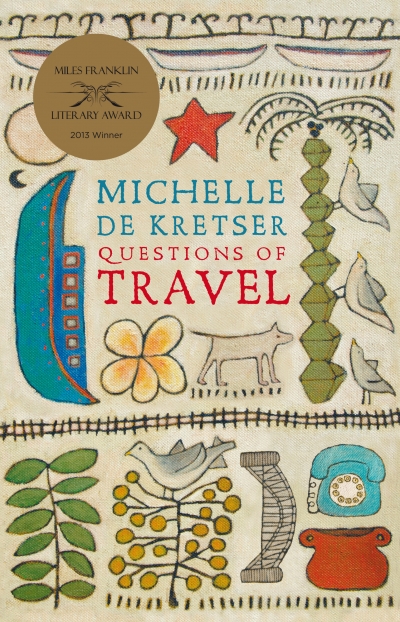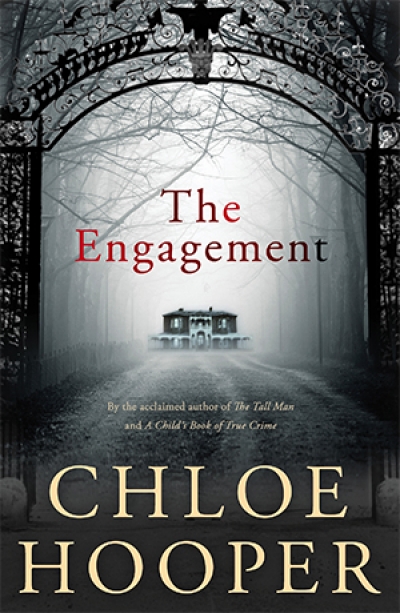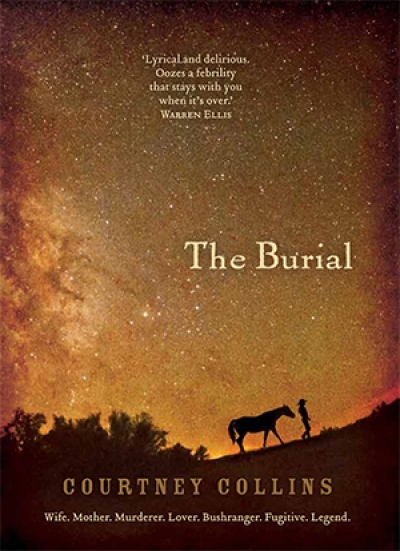In Overland back in 2006, Ken Gelder singled out Michelle de Kretser’s first novel, The Rose Grower (1999), as evidence of a contemporary Australian literature in crisis. Its foreign and historical setting, horticultural fetish, focus on private manners and primped prose, he argued, flaunted a rarefied and élitist aesthetics that wanted nothing to do with the ‘political realities’ of ‘ordinary life’. With Questions of Travel, it is as if de Kretser is responding to this charge. This is a novel whose ambitions, which are considerable, are driven by a desire to engage with, not retreat from, both the wider world and the common reader. What we have here is a quite different type of Australian literary novel from the one that Gelder identified, though one that seems to be gaining ascendancy – one that is less arch, more cosmopolitan, and more seriously engaged with the larger events and problems of our times.
...
(read more)

